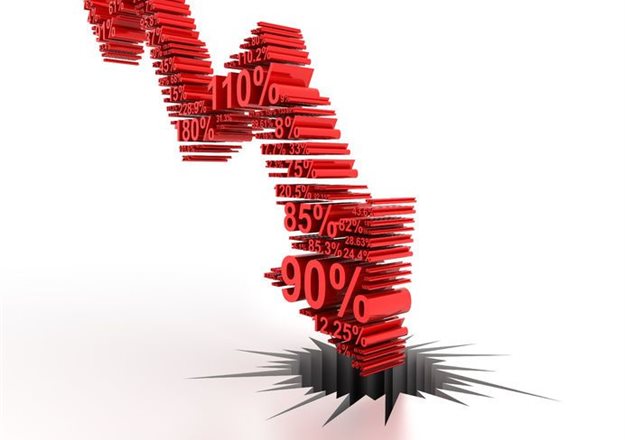
The shareholders alleged that, in breach of section 76(3) of the Act, the directors failed to exercise their powers and perform their functions in good faith and proper purpose; in the best interests of the company; and with the degree of skill, care and diligence reasonably expected of directors. As such, that the directors of ABIL had conducted the business of ABIL recklessly or with gross negligence in contravention of section 22(1) of the Act. Further, that this conduct caused ABIL to suffer significant losses, causing the ABIL share price to drop from R28.15 per share at April 2013 to R0.31 per share at August 2014.
The SCA held that these claims were claims for reflective loss. On this issue, our law has essentially followed English law and the gist is that a shareholder cannot recover damages merely because the company in which he is interested has suffered damage, such as a sum equal to the diminution in the market value of his shares, because such a 'loss' is only a reflection of the loss suffered by the company. The shareholder has not suffered any personal loss.
Further, looking at the common law, and the fiduciary duties owed by the directors in terms of section 76(3), the SCA held that these duties to act bona fide and in the best interests of the company are owed to the company and not to individual shareholders. In this case, the harm was done to the company and the company is the proper plaintiff to sue for damages. If a claim was to be accepted from both the company and the shareholders, a double recovery of compensation by the shareholders could be the result, to the prejudice of the company and its creditors.
Therefore, the SCA held that section 218 of the Act did not assist the shareholders in their claim and dismissed their appeal with costs. The shareholders had also claimed that Deloitte & Touche, as company auditors, had failed to conduct proper audits which contributed to mismanagement, and eventually resulted in the diminution of share value. On similar reasoning the SCA held that the auditor’s duties were owed to the company and dismissed these claims as well.